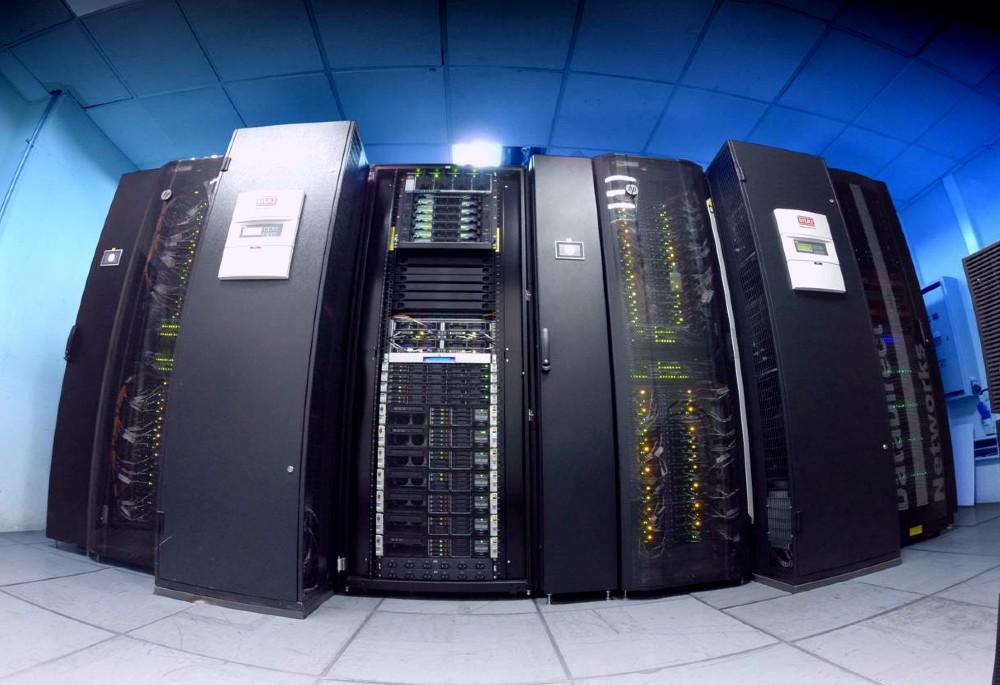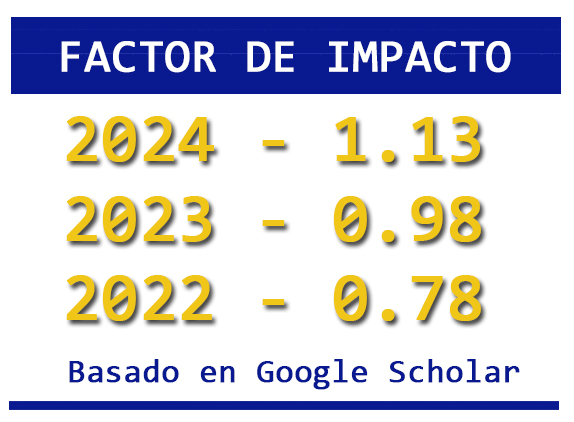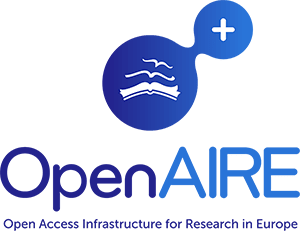Supercomputing Milestones: from Giga to Exascale
DOI:
https://doi.org/10.36790/epistemus.v17i35.300Keywords:
Supercomputing, HPC, Exascale, Supercomputing MilestonesAbstract
In June 2022, the most powerful supercomputer in the world, FRONTIER from the Oak Ridge National Laboratory, USA, was presented, capable of performing, for the first time, more than a quintillion floating-point operations per second. This event motivated us to carry out an analysis of the worldwide overview of the supercomputing, in four historical moments. The first one is the appearance of the ranking of the 500 most powerful supercomputers on the planet, and the other three are the times when supercomputers exceeded the TFlop/s, PFlop/s, and EFlop/s, through four indicators closely associated with the scientific, technological, and academic development for a country. The first refers to the number of supercomputing equipment per country; the second the computing power per region; the third and fourth to the number of supercomputers and the performance occupied by sector.
Downloads
References
L. H. Cervantes y A. J. Santillán, "La importancia de las Tecnologías de Información y Comunicación en tiempos de COVID-19," TIES, Revista de Tecnología e Innovación en Educación Superior, n.o. 3, abril, 2021. [En línea]. Disponible en: https://ties.unam.mx/ [Consultado en enero 20 día, 2023]. DOI: https://doi.org/10.22201/dgtic.26832968e.2021.3.4
“The COVID-19 High Performance Computing Consortium”, (May. 1, 2022). [Online]. Available: https://covid19-hpc-consortium.org/
“Introduction and Objectives”, (Jun. 1, 2022). Top500 The List. [En Línea]. Disponible en https://www.top500.org/lists/top500/2022/06 [Consultado en enero 20, 2022].
“The LINPACK Benchmark”, (Nov. 14, 2022). Top500 The List. Fecha de consulta: enero 20, 2023. Disponible en https://www.top500.org/project/linpack/
“Anexo:Países por PIB (nominal) en 1993”. (2013, 25 de mayo). Wikipedia, La enciclopedia libre. Fecha de consulta: enero 20, 2023. Disponible en https://es.wikipedia.org/w/index.php?title=Anexo:Pa%C3%ADses_por_PIB_(nominal)_en_1993&oldid=67149984
“Anexo:Países por PIB (nominal) en 1997”. (2013, 25 de mayo). Wikipedia, La enciclopedia libre. Fecha de consulta: enero 20, 2023. Disponible en https://es.wikipedia.org/w/index.php?title=Anexo:Pa%C3%ADses_por_PIB_(nominal)_en_1997&oldid=67149989
“Anexo:Países por PIB (nominal) en 2008”. (2011, 17 de diciembre). Wikipedia, La enciclopedia libre. Fecha de consulta: enero 20, 2023. Disponible en
“Anexo: Países por PIB (nominal)”. (2022, 27 de mayo). Wikipedia, La enciclopedia libre. Fecha de consulta: enero 20, 2023. Disponible en https://es.wikipedia.org/w/index.php?title=Anexo:Pa%C3%ADses_por_PIB_(nominal)&oldid=143807298
“List Statistics”, (Jun. 14, 2022). Top500 The List. Fecha de consulta: enero 20, 2023. Disponible en https://www.top500.org/statistics/list/
A. Snell (2008, January 4), “HPC in 2008: Where the Growth Really Is”, HPC Wire, [Online]. Available: https://www.hpcwire.com/2008/01/04/hpc_in_2008_where_the_growth_really_is-1/

Downloads
Published
How to Cite
Issue
Section
License
Copyright (c) 2023 EPISTEMUS

This work is licensed under a Creative Commons Attribution-NonCommercial-ShareAlike 4.0 International License.
The magazine acquires the patrimonial rights of the articles only for diffusion without any purpose of profit, without diminishing the own rights of authorship.
The authors are the legitimate owners of the intellectual property rights of their respective articles, and in such quality, by sending their texts they express their desire to collaborate with the Epistemus Magazine, published biannually by the University of Sonora.
Therefore, freely, voluntarily and free of charge, once accepted the article for publication, they give their rights to the University of Sonora for the University of Sonora to edit, publish, distribute and make available through intranets, Internet or CD said work, without any limitation of form or time, as long as it is non-profit and with the express obligation to respect and mention the credit that corresponds to the authors in any use that is made of it.
It is understood that this authorization is not an assignment or transmission of any of your economic rights in favor of the said institution. The University of Sonora guarantees the right to reproduce the contribution by any means in which you are the author, subject to the credit being granted corresponding to the original publication of the contribution in Epistemus.
Unless otherwise indicated, all the contents of the electronic edition are distributed under a license for use and Creative Commons — Attribution-NonCommercial-ShareAlike 4.0 International — (CC BY-NC-SA 4.0) You can consult here the informative version and the legal text of the license. This circumstance must be expressly stated in this way when necessary.
The names and email addresses entered in this journal will be used exclusively for the purposes established in it and will not be provided to third parties or for their use for other purposes.























